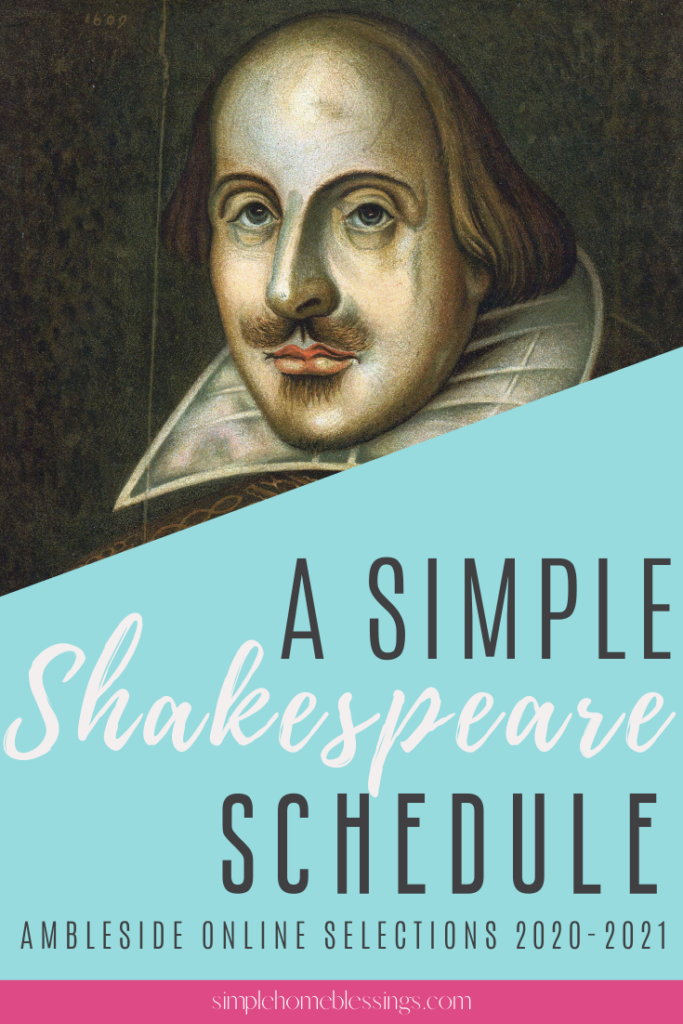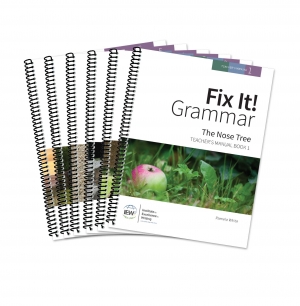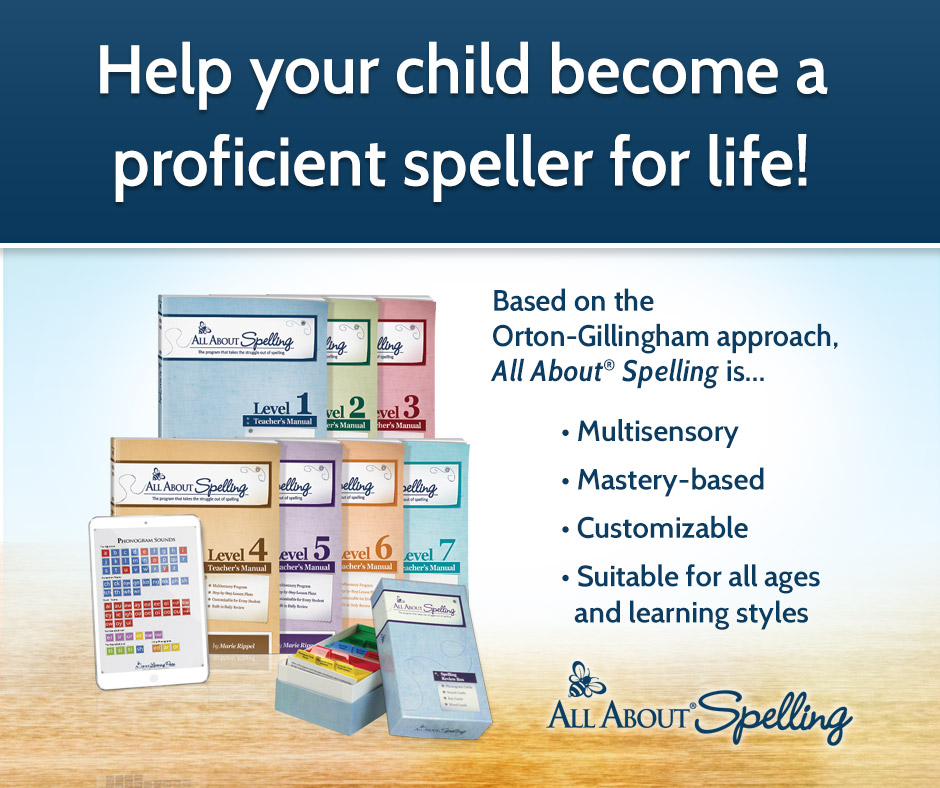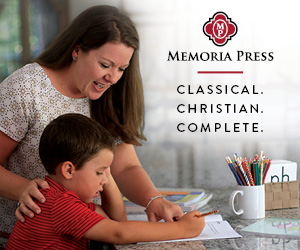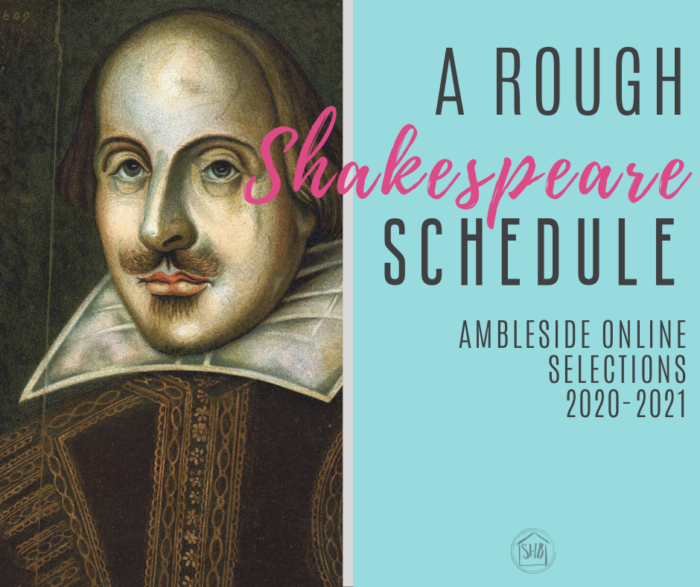
I am in the planning stage of teaching G Shakespeare, following the Ambleside Online schedule of one selected Shakespeare play per term. And there is almost NO guidance of how to go about this on the Ambleside website. Forum-diving has proven none too helpful.
I must admit my excitement about teaching Shakespeare – the real-deal Bard stuff – is a bit over the top. As such, I have spent a bunch of time looking into just how to go about doing it. And I have reflected on what has worked well for us in our early explorations of Shakespeare.
Similar to a multitude of other things in our homeschool journey, I am taking the dive-right-in approach. We shall sink or swim based on the sturdiness of the small raft I fashioned in the form of these rough schedules I have crafted.
I am sharing them here. Not because I have gotten it all figured out and am ready to tell the world of my brilliance. Rather, humbly, I offer these rough schedules as a way to cast a small amount of light down the tunnel.
You are welcome to kick the logs (as it were) of my little raft and decide if any of my craftsmanship appeals to you. If it does, feel free to follow along with us. If it does not, feel free to walk away knowing how not to do it.
The three Shakespeare plays studied in the 2020-2021 school year (following the AO directives) are:
- A Midsummer Night’s Dream
- Hamlet: Prince of Denmark, and
- Much Ado About Nothing
A Few Peremptory Goals
Before I divulge my rough schedule, I thought it might be wise to set forth some goals for my “raft.” The things I am hoping to accomplish without sinking into the mire as we introduce Shakespeare this year.
For starters, basic understanding of plot, characters, and some literary devices are the most basic of goals – observation. Secondly, continuing to develop a love of language – delight. And lastly, developing the ability to dissect hard passages, mining them for meaning, without throwing up one’s hands and dismissing it as too hard – perseverance, it might be called.
With these three watchwords – observation, delight, and perseverance – in mind…Let’s begin.
A Midsummer Night’s Dream
Week 1: Introduction (with memorization passage)
Week 2: Introduction – characters (continue memorization)
Week 3: Act I, Scene 1
Week 4: Act 1, Scene 2
Week 5: Act 2, Scene 1
Week 6: Act 2, Scene 2
Week 7: Act 3, Scene 1
Week 8: Act 3, Scene 2
Week 9: Act 4, Scene 1
Week 10: Act 4, Scene 2; Act 5, Scene 1a
Week 11: Act 5 – FIN
Week 12: Celebration – watching the play, snacks, general revelry, etc.
Hamlet: Prince of Denmark
Week 1: Introduction (with memorization passage)
Week 2: Introduction – characters
Week 3: Act 1, scenes 1-2
Week 4: Act 1, scenes 3-4
Week 5: Act 2
Week 6: Act 3 scenes 1-2
Week 7: Act 3, scenes 3-8
Week 8: Act 4, scenes 1-2
Week 9: Act 4, scene 3 – Act 5, scene 1
Week 10: Act 5, scene 2 FIN
Week 11: Celebration- watching the play, snacks, general revelry, etc.
Week 12: Continue Celebration – this is a seriously long movie!
Much Ado About Nothing
Week 1: Introduction (with Memorization Passage
Week 2: Introduction – Characters
Week 3: Act 1, scene 1
Week 4: Act 1: scenes 2-3
Week 5: Act 2, scene 1
Week 6: Act 2, scenes 2-3
Week 7: Act 3, scenes 1-2
Week 8: Act 3, scenes 3-5
Week 9: Act 4, scenes 1-2
Week 10: Act 5, scenes 1-2
Week 11: Act 5, scenes 3-4
Week 12: Celebration- watching the play, snacks, general revelry, etc.
I hope this is a blessing to you in some small way! Enjoy your year with the Bard!
